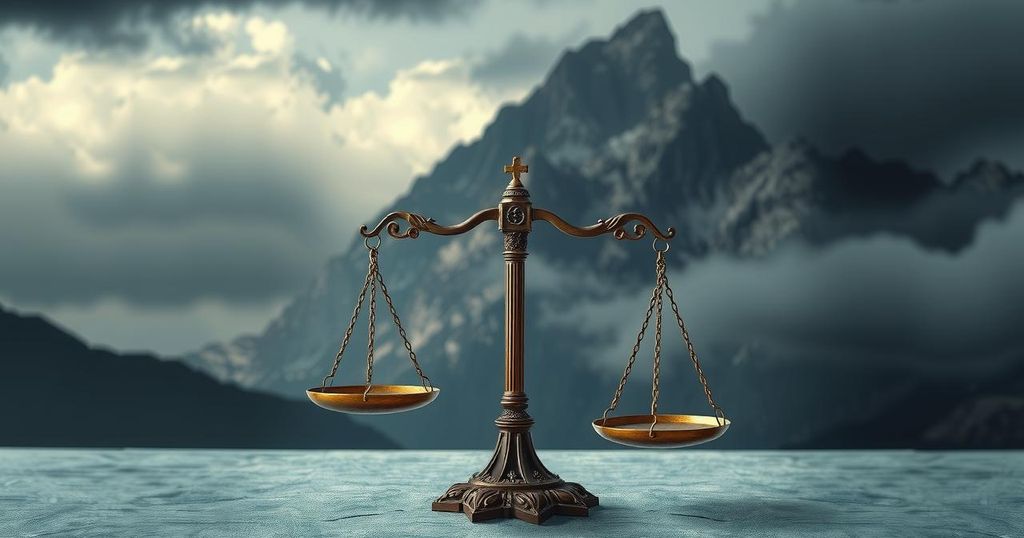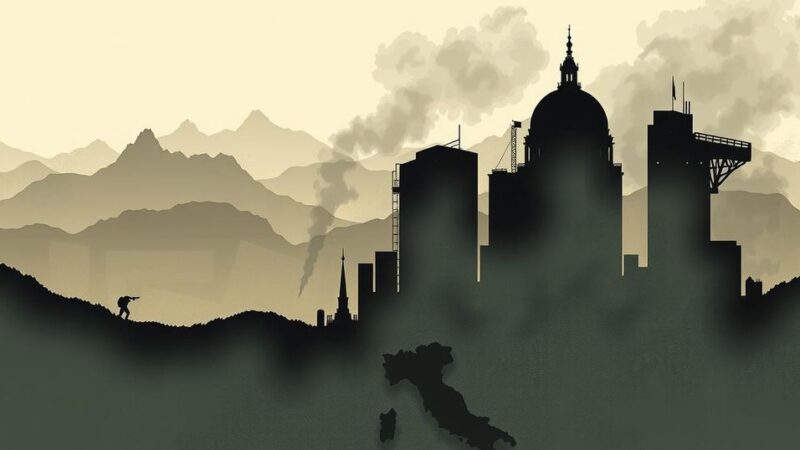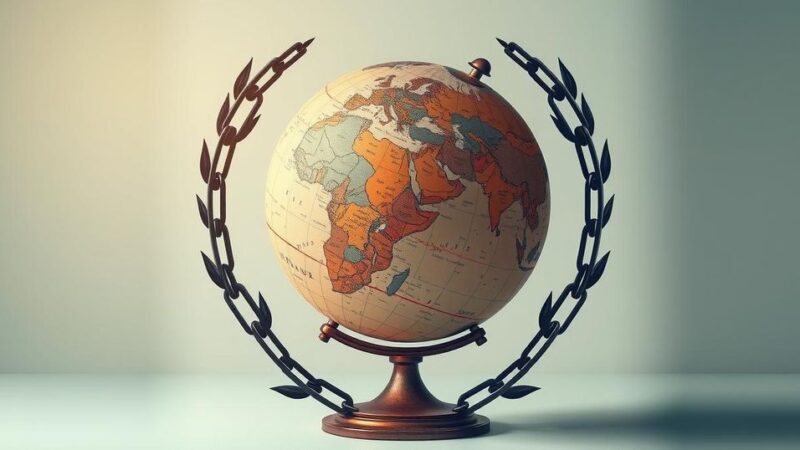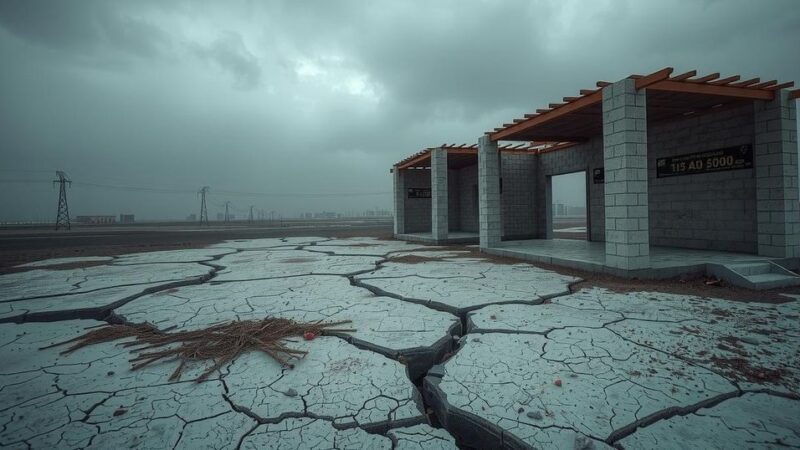The UN Secretary-General Antonio Guterres has raised alarms regarding the escalating conflict in the Democratic Republic of the Congo (DRC), especially regarding M23 militia attacks in the eastern regions. He warns of a potential broader regional conflict if current violence continues. Criticism is directed at the African Union for its passive response to the situation, while international bodies, including the EU, contemplate strategic actions in light of the unfolding crisis.
At an African Union summit in Addis Ababa, UN Secretary-General Antonio Guterres expressed grave concerns over the intensifying conflict in the Democratic Republic of the Congo (DRC), particularly following recent assaults by the M23 militia. Guterres underscored the necessity of preserving the DRC’s territorial integrity and emphasized that a regional escalation of this conflict must be averted at all costs. The situation remains precarious as M23 fighters reportedly gained control of key locations, including Kavumu airport near Bukavu, the capital of South Kivu province.
Guterres articulated that the ongoing violence threatens to embroil the wider region in conflict, stating, “The fighting that is raging in South Kivu – as a result of the continuation of the M23 offensive – threatens to push the entire region over the precipice,” without specifically naming Rwanda. As explosions were reported in Bukavu, local media indicated that casualties occurred amid escalating hostilities.
Despite growing international alarm, the African Union has faced criticism for its passive approach to the crisis. Observers have called for more decisive measures as the M23 continues to consolidate control over strategic areas rich in mineral resources, including both South Kivu and North Kivu. Reports from Al Jazeera highlight that M23 commanders claim they are actively securing Bukavu, while local military responders retreated following violent assaults.
The Rwandan government has denied supporting the M23 militia, claiming its involvement is purely self-defense against perceived threats from armed groups within the DRC. However, a prior report from UN experts noted Rwanda’s alleged military presence and influence over the M23 forces, suggesting a complex nexus of regional tensions.
The outgoing chair of the African Union, Moussa Faki Mahamat, urged all parties to adhere to a ceasefire and indicated that there is a collective push among African nations to quell the violence. Simultaneously, Congolese President Felix Tshisekedi, at the Munich Security Conference, called for international action against Rwanda, advocating for sanctions due to its perceived territorial ambitions.
In light of the escalating situation, the European Union has announced that it is urgently considering various responses to the M23’s assaults, particularly following the seizure of Kavumu airport. Anouar el-Anouni, a spokesperson for the European Commission, expressed concern, stating that the ongoing violations of Congolese sovereignty would “not go unanswered.” This sentiment has catalyzed discussions in the European Parliament aimed at reconsidering trade agreements with Rwanda related to mineral imports.
In summary, the Democratic Republic of the Congo faces an increasingly dire situation as M23 forces threaten regional stability and territorial integrity. Antonio Guterres’ urgent call for international attention underscores the potential for a broader conflict if decisive actions are not taken. The Mukongo regional tensions, exacerbated by Rwanda’s alleged involvement, compel both African and global bodies to reassess their strategies to restore peace and security in the region.
Original Source: www.aljazeera.com






